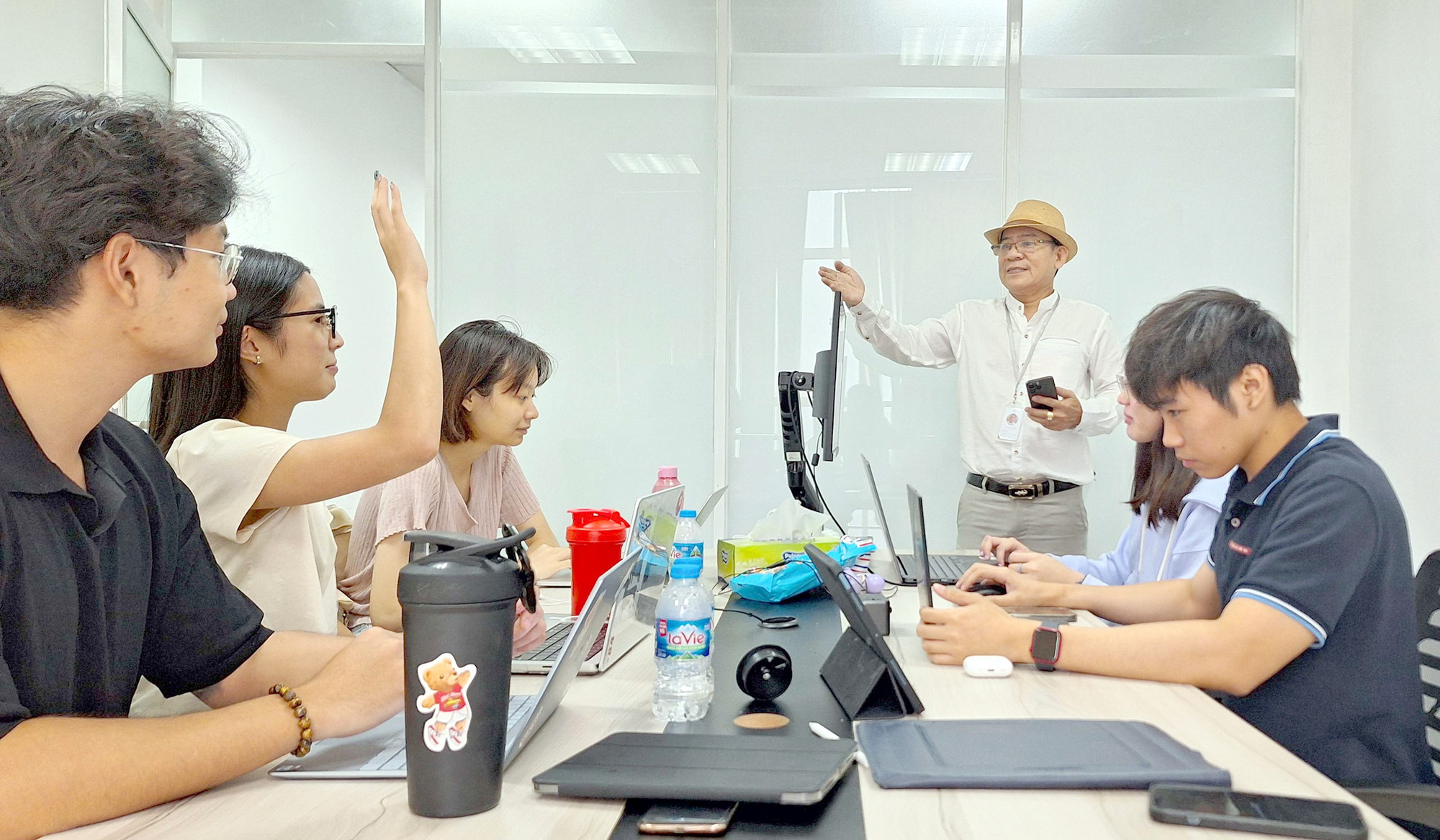
A group of Singaporean students in a meeting at an internship company in Ho Chi Minh City - Photo: TRONG NHAN
AIVision, a company specializing in AI solutions and headquartered in Phu Nhuan District, Ho Chi Minh City, is currently accepting five special interns: three students from the National University of Singapore and two from Nanyang Technological University.
These are two prestigious universities in Singapore, one ranked 8th and the other 15th according to the latest global university rankings just announced by QS.
"Vietnam still has a lot of potential"
Arriving in Ho Chi Minh City in May 2024, Choy Qi Hui - a student majoring in data science analysis at the Faculty of Science at the National University of Singapore - said that during the three-month internship, they followed the eight-hour work schedule of official employees, under the management of the technology director.
Every morning, Hui meets for a 30-minute meeting with his project manager. His team is helping to develop the front-end for the company’s new chatbot. At the end of each week, the team updates their progress.
"My internship was not too difficult, partly because of the enthusiastic guidance of my colleagues. However, there is still a gap between what I learned in the classroom and what I actually do at work. Many of the lessons I learned at school are more theoretical, while working requires more practical knowledge and skills," Hui said.
"Why did you choose to do your internship in Vietnam instead of a larger country, or at least stay in Singapore to do your internship?" - we wondered.
Hui explained that first of all, going abroad for an internship will still help you learn more than staying in your home country. Vietnam is a rapidly developing country with a lot of potential in both technology and economy .
In addition, according to her, if you want to build a career in Southeast Asia in the future, you need to understand Southeast Asian businesses and markets. "Internships will help me dig deeper and understand many useful things for my future orientation" - Hui shared.
Experience a new working environment
Yang Yihan, a student majoring in data science and economics at the Faculty of Science at the National University of Singapore, added that in addition to focusing on the country where he will intern, he also pays attention to the company he wants to go to.
Before deciding where to intern, you will learn a lot about the company's direction, projects and environment. For example, the company where Yihan's group is interning is a technology start-up, while the goal of some of the group is also to join a technology start-up. Therefore, the internship is like a time for you to experience the environment you will work in later.
Anselm Chin - a final year engineering student at Nanyang Technological University (Singapore) - and a group of Singaporean students rented an apartment together in District 4 (HCMC) during their internship.
Every day, the group takes Grab to Phu Nhuan to go to work. Every night, they usually spend time eating and having fun in Ho Chi Minh City. Occasionally, they also spend time on long trips.
Students confided that Ho Chi Minh City and Singapore have many similarities, from lifestyle to living habits. Therefore, the internship period can be spent exploring a new destination, but this destination is not completely different from Singapore.
After the internship in Ho Chi Minh City, you will return to your school in Singapore to complete the remaining subjects and graduate.
If I decide to build a career in Southeast Asia in the future, I need to understand Southeast Asian businesses and markets. Internships will help me dig deeper and understand many useful things for my future orientation.
Choy Qi Hui (Data Science and Analytics Student, Faculty of Science, National University of Singapore)
Diversity for corporate team
In recent years, IVS - a software programming company based in District 3 (HCMC) - often accepts international students for internships, mostly from Japan.
Mr. Pham Thanh Huu - Director of IVS - said that depending on each batch of the year, there are batches of about 5 - 7 Japanese students coming to do internships, and there are batches of 1 - 2 students. Among the interns are students from many famous schools in the land of the rising sun such as Kyoto University, Kyoto Institute of Technology...
Each student usually chooses an internship from six months to a year, with a minimum internship period of three months. You can be assigned to various positions from engineering to sales.
"Japanese students are very active and often do not care too much about whether the assigned work is relevant to their major or not. This is quite different from Vietnamese students, who often care about internships that are relevant to their major. For many Japanese students, even if they are assigned work that is not in their major, they are still willing to accept and do well to gain experience ," said Mr. Huu.
On the other hand, Mr. Huu believes that the presence of international interns creates diversity for the company's team. They are also "ambassadors" who will share stories and images about the company and the working environment when they return home.
In addition, it is undeniable that international students also contribute a lot of time and effort to the progress of the company's projects.
"To attract international students to do internships, the company will first need to have international connections. For example, we have activities connecting with universities and associations in Japan. These will be bridges for international students to come to the company for internships," Mr. Huu commented.
Methodical strategy
MSc. Le Nhat Quang - Director of the Center for Innovation and Entrepreneurship at Ho Chi Minh City National University - said that some universities in Singapore often include overseas internships in their training programs for students.
Schools will follow in two directions. One is internships in developed countries such as the US, Australia, and Europe; the other is internships in Southeast Asian countries, including Vietnam.
According to Mr. Quang, Southeast Asia is considered an internship direction for Singaporean students because schools want their students to understand the markets, technology and culture of countries in the region. From there, they can easily work for multinational companies or start-ups in the region.
The current investment picture also shows that Singapore is the largest investor in Ho Chi Minh City.
Mr. Quang added that because of this determination from the beginning, Singaporean universities are often very proactive in connecting with partners. Some schools have a department to connect with partners who are companies and start-ups in countries in the region.
For example, Singapore University of Social Sciences (SUSS), National University of Singapore, Nanyang Technological University are connecting with the Center for Innovation and Entrepreneurship of Ho Chi Minh City National University and many start-ups are operating at the center.
Every year, this department often updates the needs and fields that need to recruit interns and is the connection for students to come to Vietnam for internships.
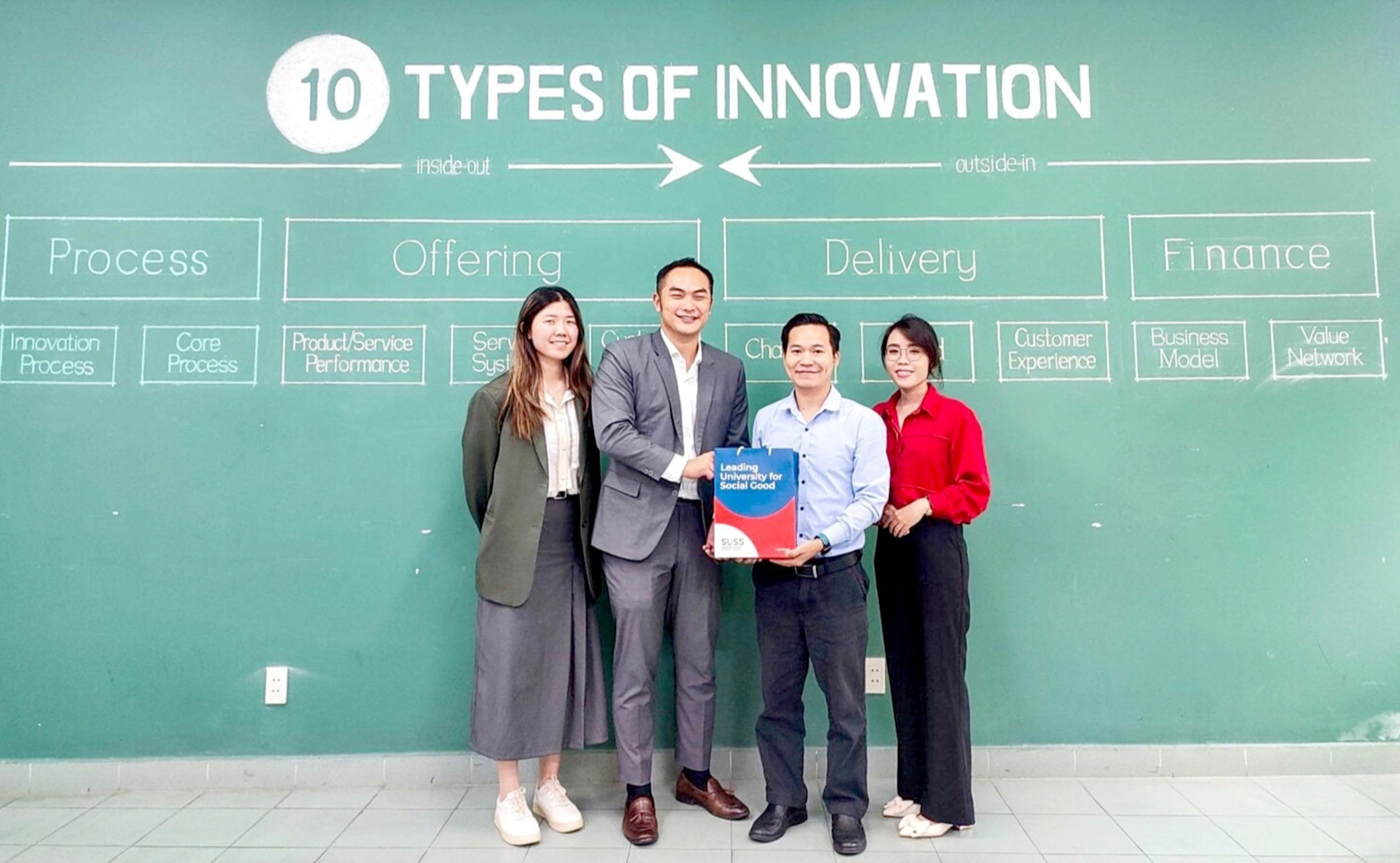
The "delegation" of Singapore University of Social Sciences (SUSS) came to work at the Center for Innovation and Entrepreneurship of Ho Chi Minh City National University to "pave the way" for students to do internships - Photo: IEC
To attract international students
Similarly, Mr. Huynh Van Hoa Hiep - CEO of AIVision - said that the relationship between companies and departments in a university is very important for them to be confident enough to introduce students for internships.
Mr. Hiep himself used to be a speaker for foreign universities. After that, the company will sign MOUs with faculties and departments of universities to send students for internships. The company's information will also be posted on many of the university's information channels.
Mr. Huynh Van Hoa Hiep revealed that every month the company will have a support fund for a group of Singaporean students who are interning at the company. Each student will receive 5 million VND.
However, according to Mr. Hiep, money is not the main reason why students come to Vietnam for internships, but rather the experience of work and life.
Source: https://tuoitre.vn/sinh-vien-quoc-te-den-tp-hcm-thuc-tap-20240702083810645.htm



![[Photo] President Luong Cuong receives delegation of the Youth Committee of the Liberal Democratic Party of Japan](https://vstatic.vietnam.vn/vietnam/resource/IMAGE/2025/8/22/2632d7f5cf4f4a8e90ce5f5e1989194a)

![[Photo] Prime Minister Pham Minh Chinh chairs the conference to review the 2024-2025 school year and deploy tasks for the 2025-2026 school year.](https://vstatic.vietnam.vn/vietnam/resource/IMAGE/2025/8/22/2ca5ed79ce6a46a1ac7706a42cefafae)


![[Photo] President Luong Cuong attends special political-artistic television show "Golden Opportunity"](https://vstatic.vietnam.vn/vietnam/resource/IMAGE/2025/8/22/44ca13c28fa7476796f9aa3618ff74c4)
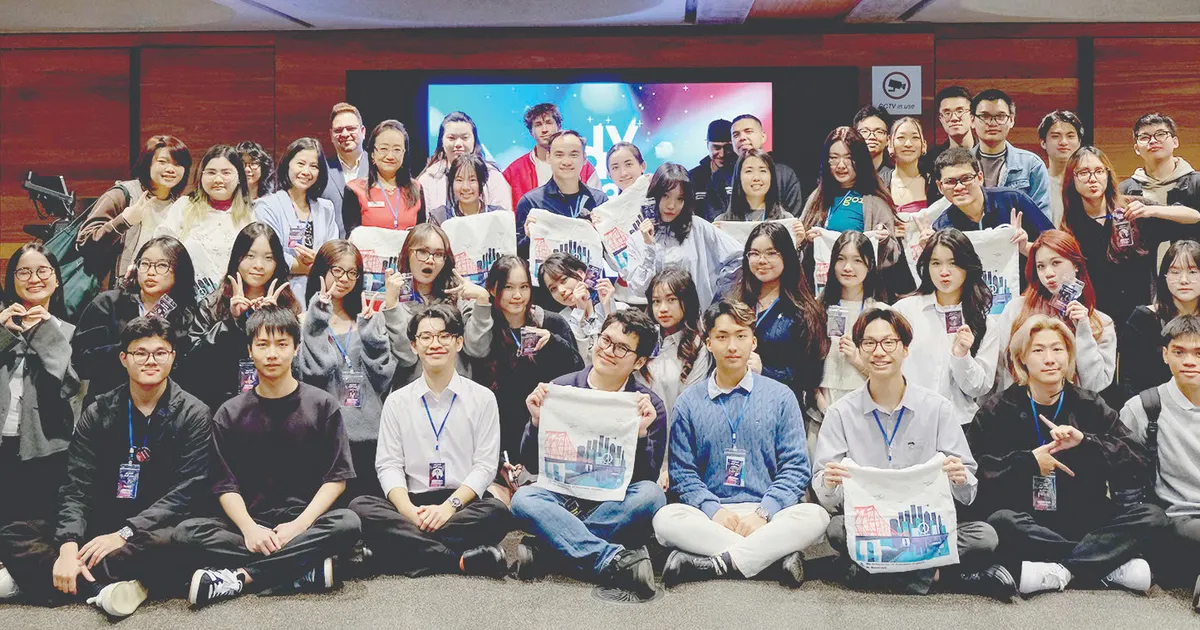

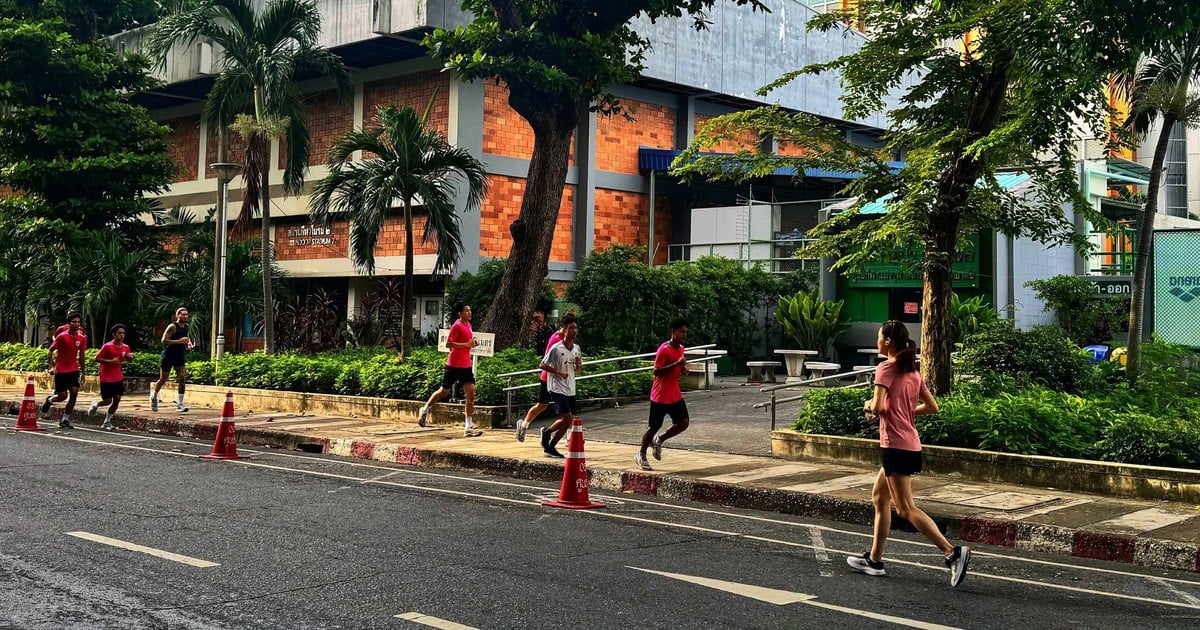





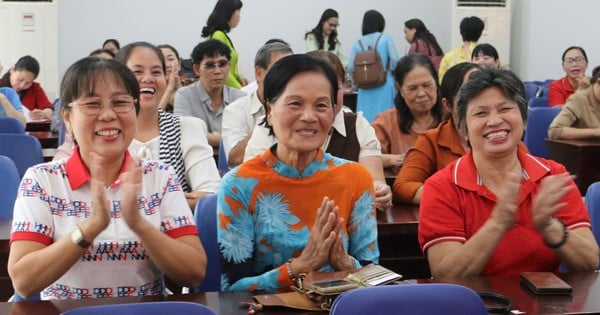

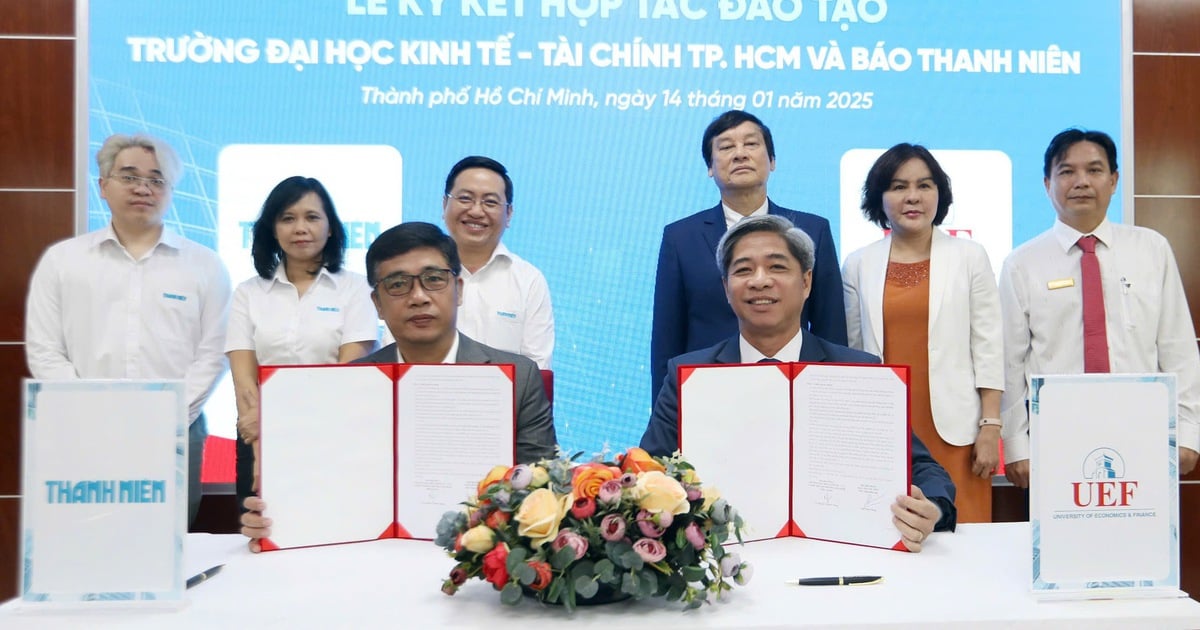






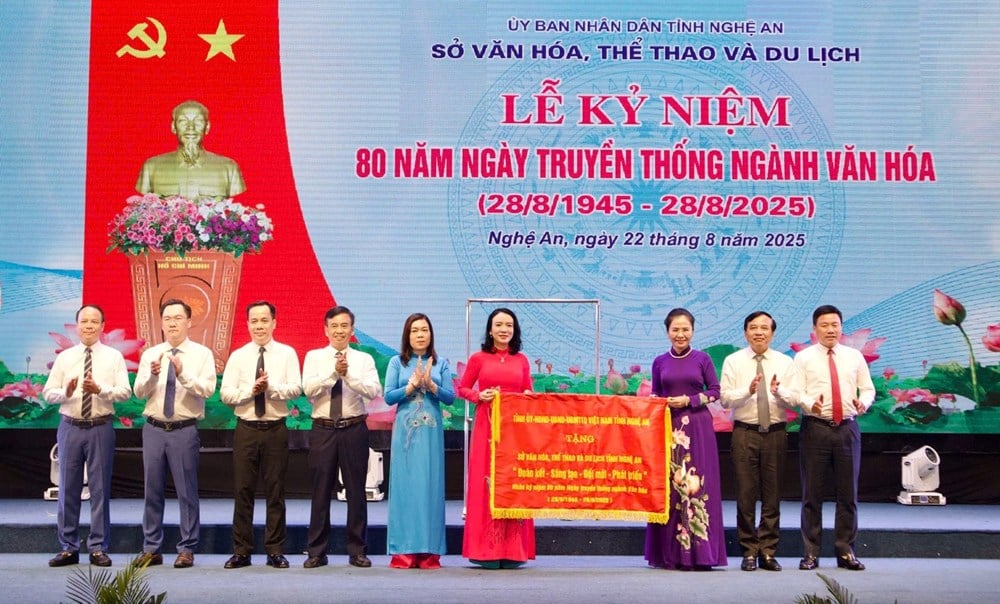


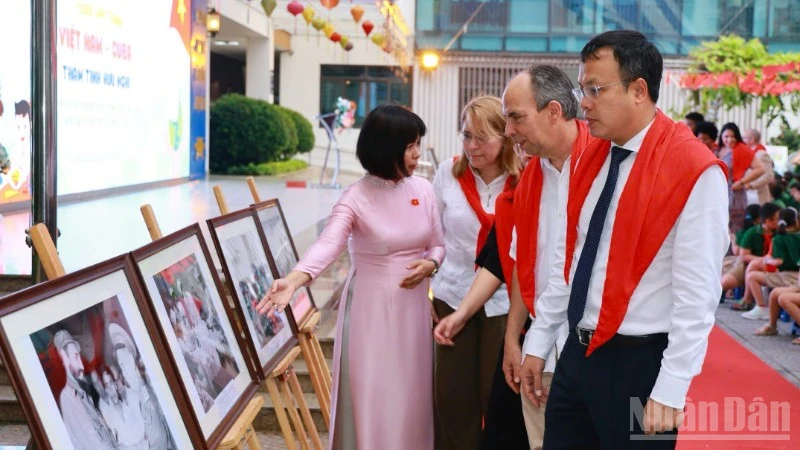




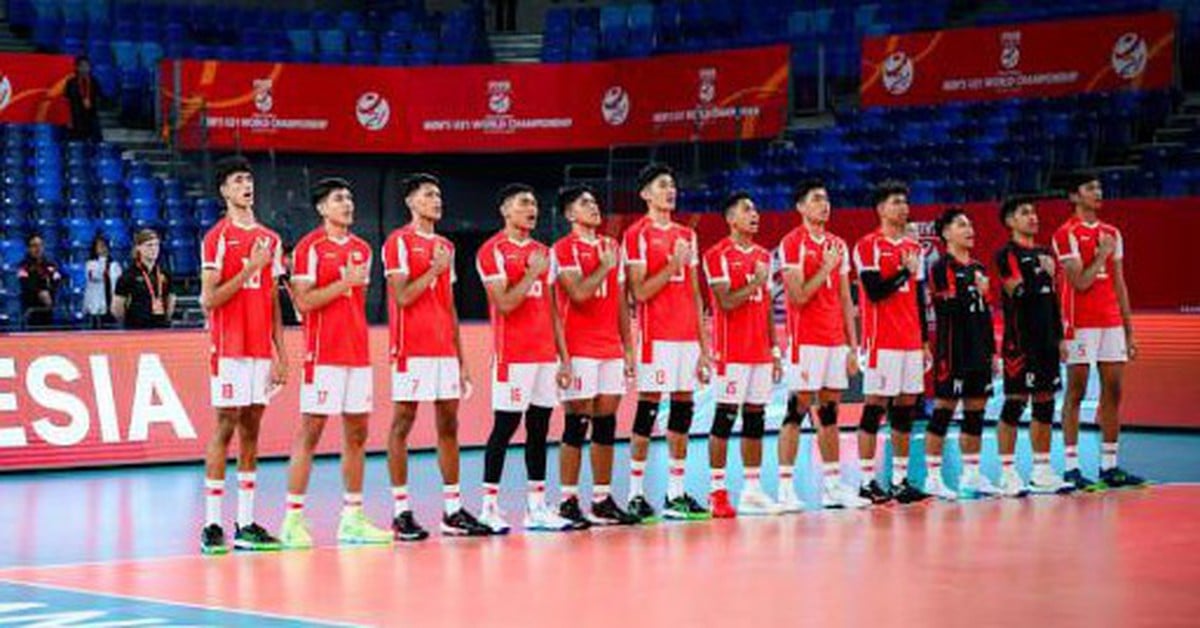
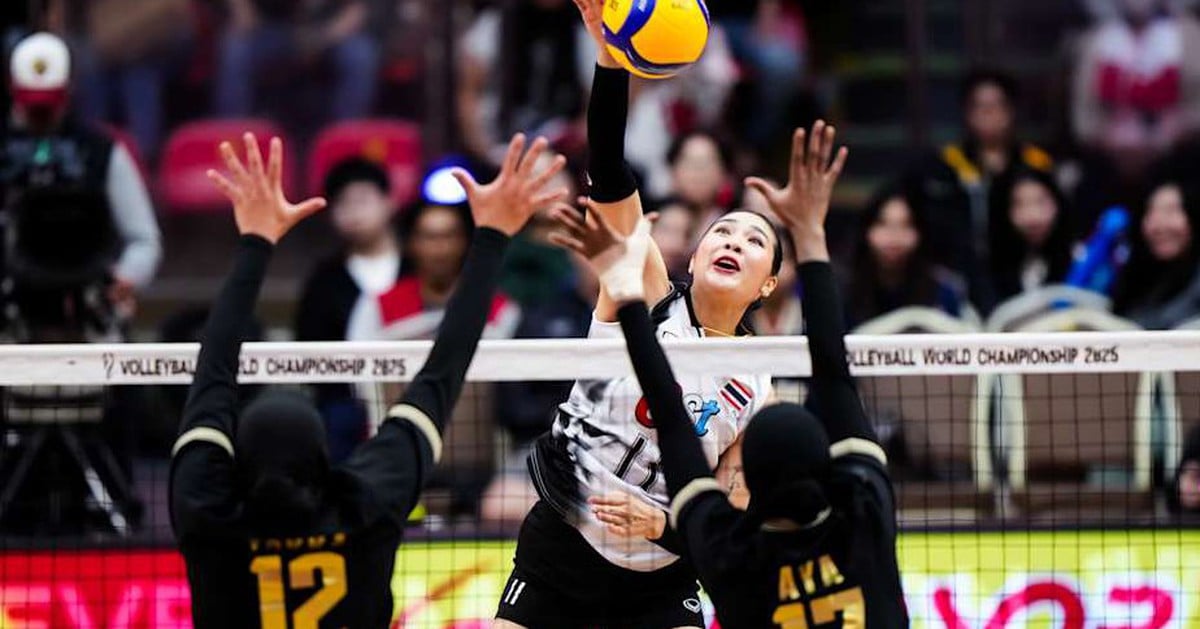
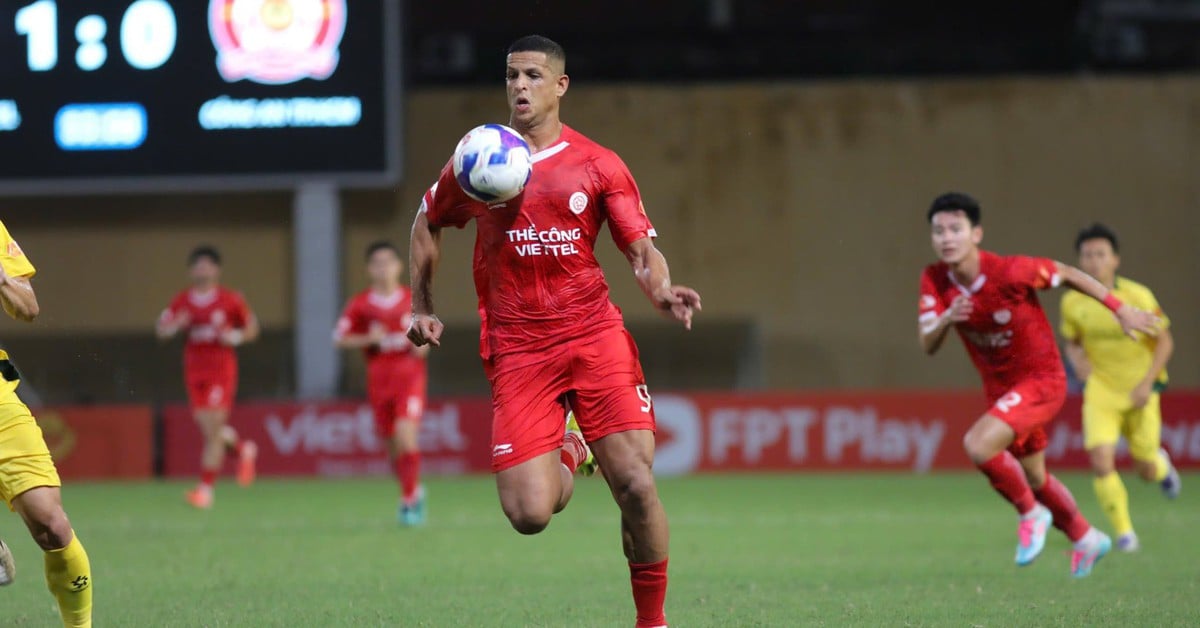

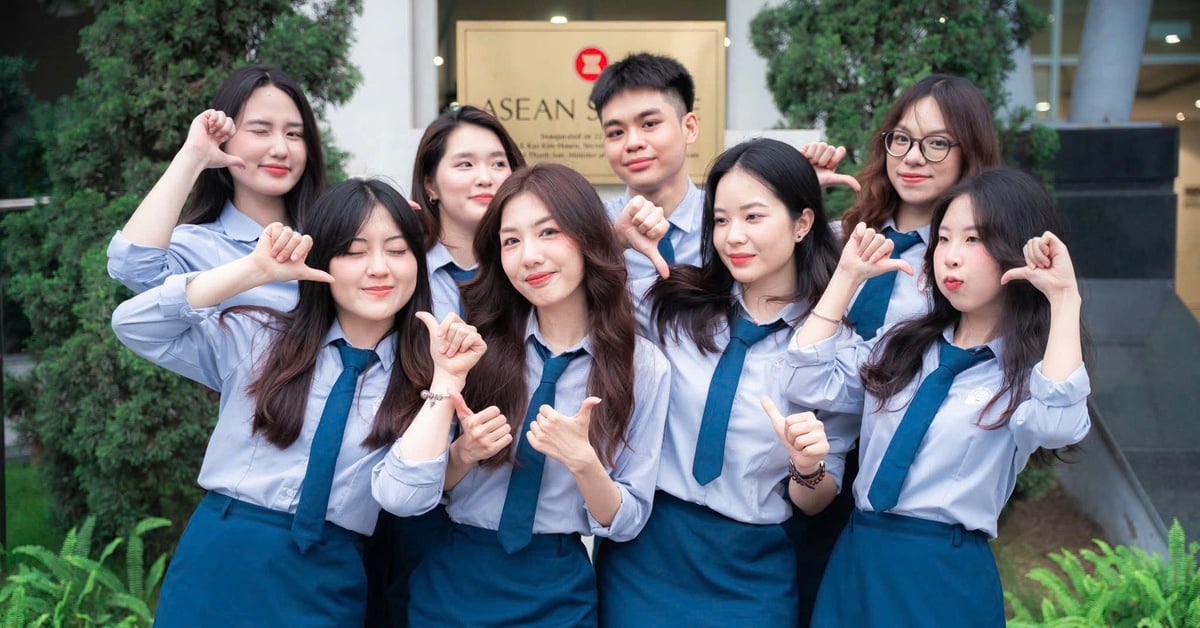
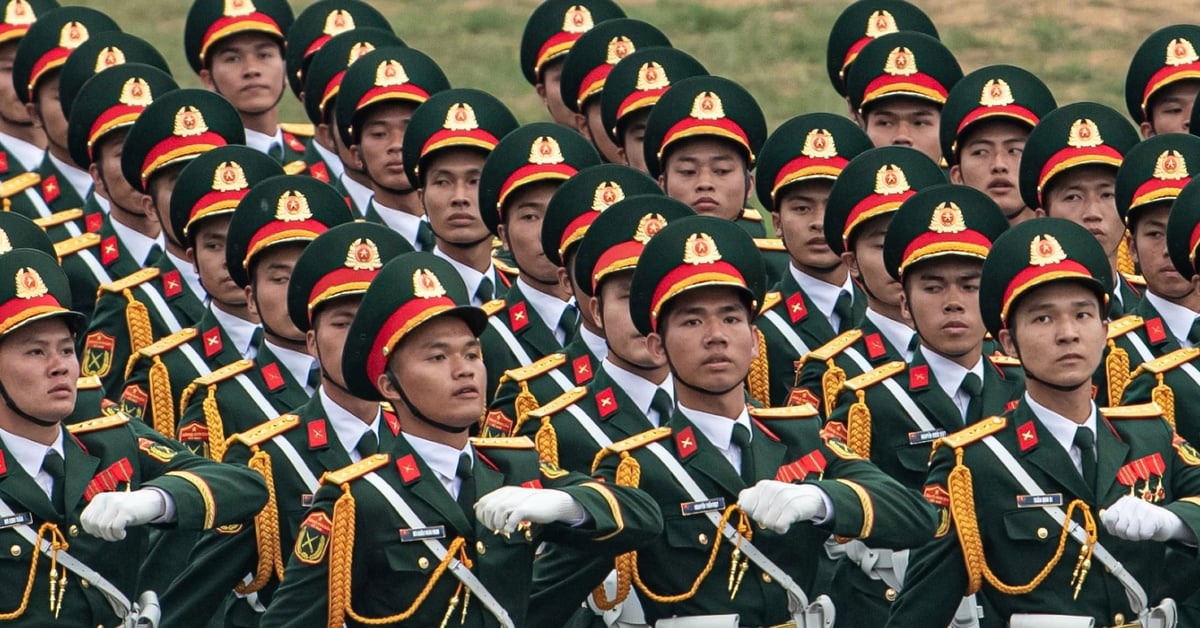
































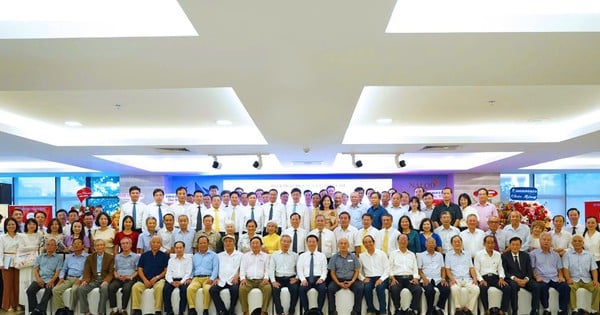

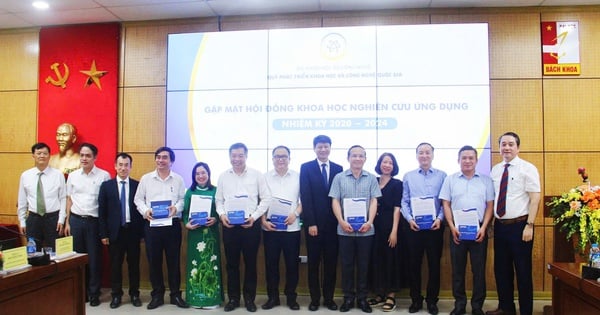









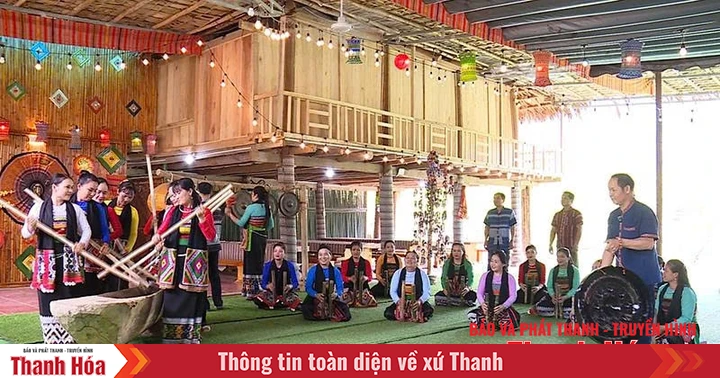

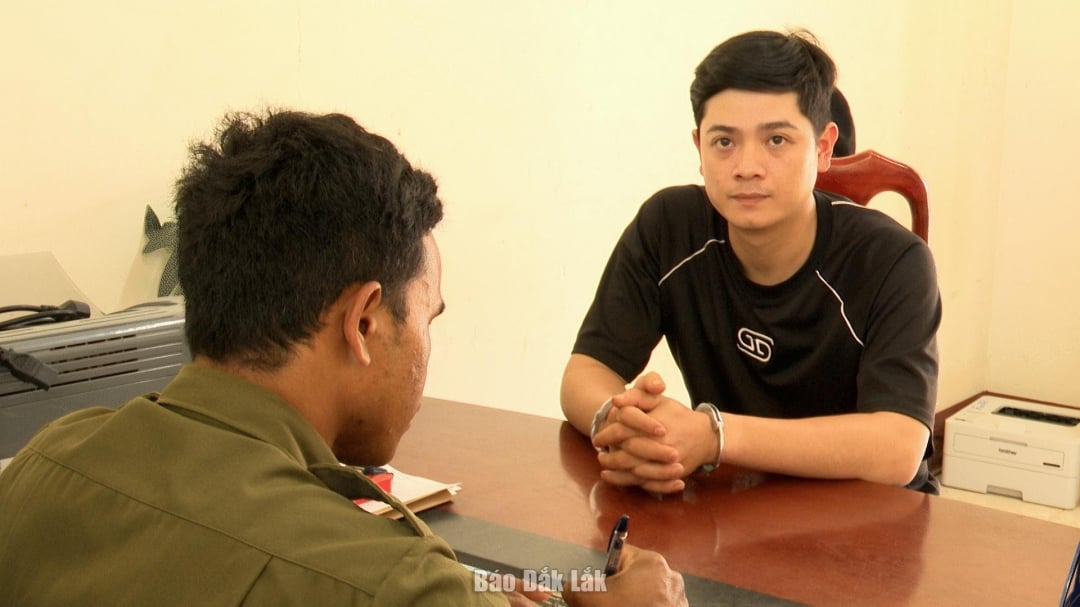


















Comment (0)